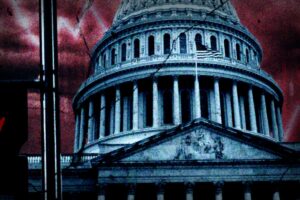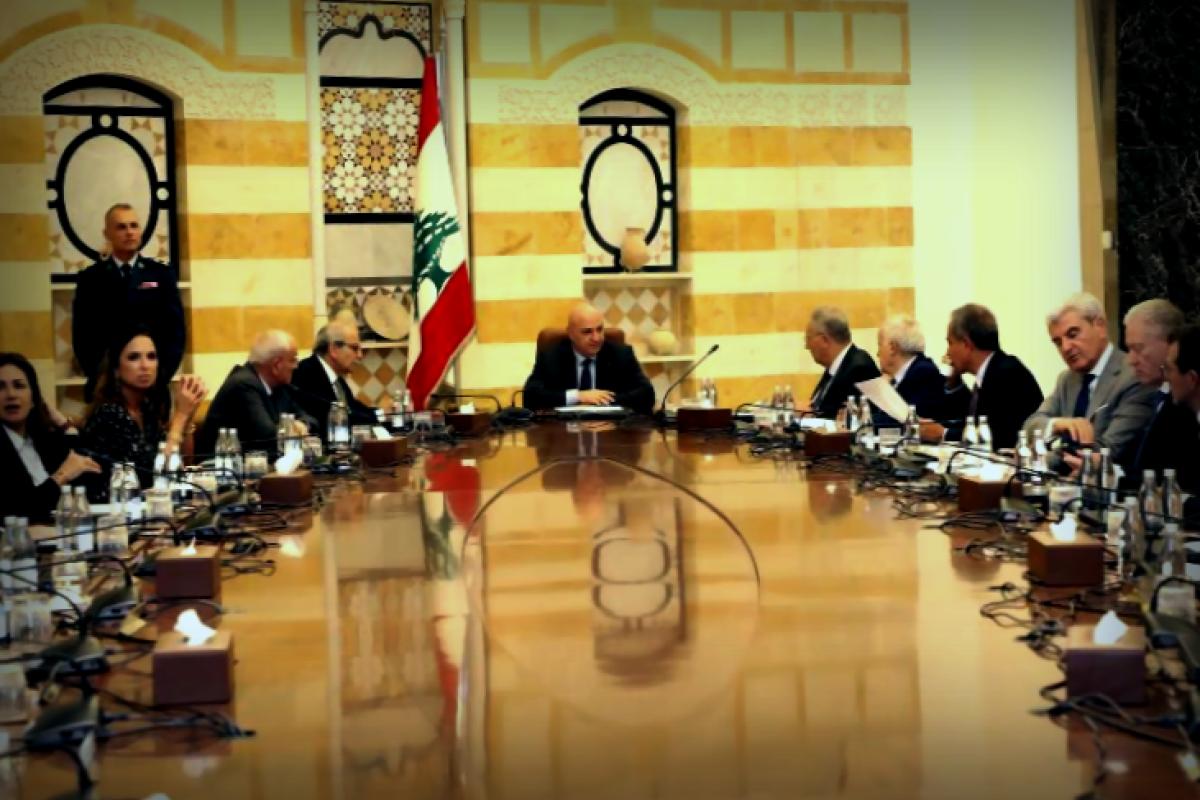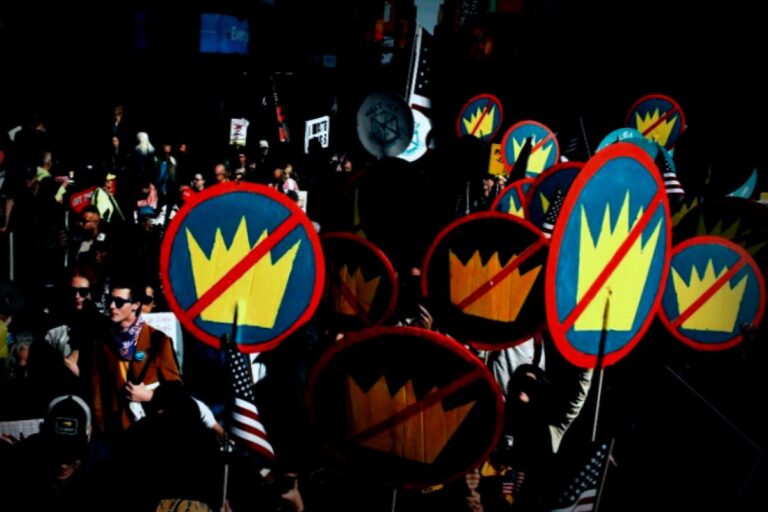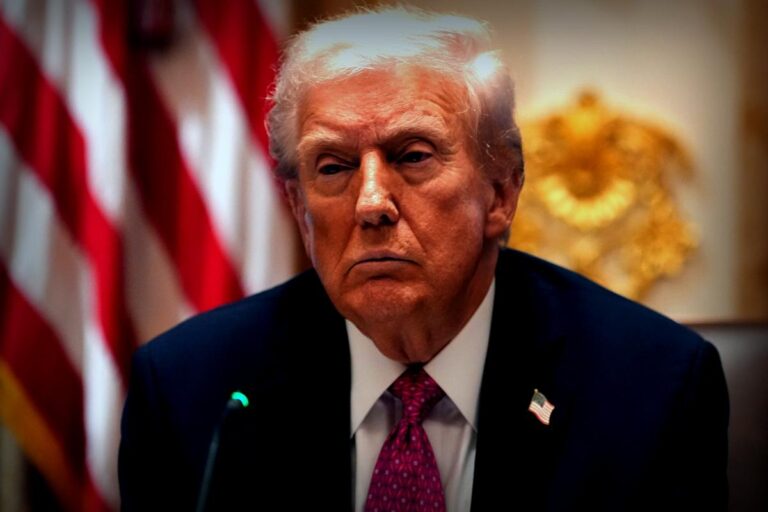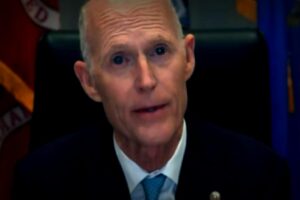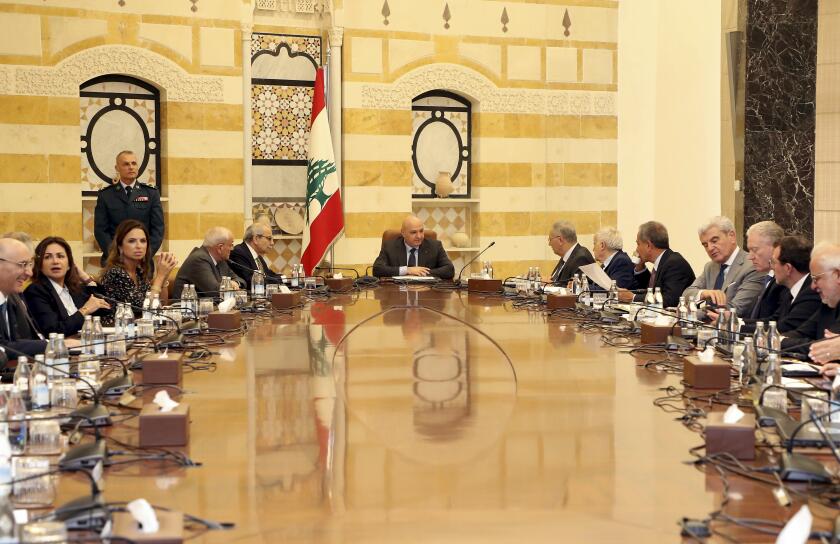
On Thursday, a significant clash erupted in Lebanon’s Cabinet as Shiite ministers stormed out of a pivotal government meeting. Their reason? A proposed initiative to disarm Hezbollah, the well-known militant group and political force.
Despite the walkout, the remaining Cabinet members proceeded to back the U.S.-supported initiative that aims to disarm the group and establish a ceasefire with Israel. Tensions are at an all-time high in Lebanon, driven by growing domestic and international calls for Hezbollah to surrender fully its arsenal after a lengthy and brutal war with Israel that concluded last November with a U.S.-facilitated ceasefire.
Among the ministers who exited the meeting were members of Hezbollah’s parliamentary block and the allied Amal party, alongside independent Shiite representative, Fadi Makki. Following the departure of his colleagues, Makki reflected on X, stating he attempted to mediate between everyone but ultimately felt it was best to leave when the other Shiite ministers did. “I couldn’t take the weight of making such a monumental decision without a crucial voice present,” he expressed.
Details on the disarmament strategy
This week, the Lebanese government tasked the national army with devising a plan to ensure that the only armed entities in the nation by year’s end would be state institutions.
After the Cabinet gathering, Hezbollah wasted no time in condemning the government, claiming it succumbed to pressure from the U.S. and Israel. They stated they would treat this decision as non-existent.
Information Minister Paul Morcos revealed that the Cabinet had agreed to a list of broad objectives based on a proposal from the U.S. envoy Tom Barrack. Key components of this roadmap include:
- The gradual removal of armed groups like Hezbollah from all territories in Lebanon.
- The retreat of Israeli troops from southern Lebanon, along with ending airstrikes.
- The release of Lebanese citizens held captive in Israel.
- A determination of the uncertain Lebanon-Israel border.
Morcos clarified that specifics of this U.S. proposal are still under evaluation.
Hezbollah has firmly stated they won’t discuss any disarmament until Israel vacates the five hills it occupies in Lebanon and ceases to conduct frequent airstrikes—offensive actions responsible for numerous fatalities and injuries among their ranks since the last conflict.
Interestingly, even as the Cabinet meeting was happening, an Israeli strike aimed at the road leading to Lebanon’s major border point with Syria resulted in five fatalities and injured ten others, as reported by Lebanon’s health ministry. No comments were made by Israel regarding this incident.
Israel has accused Hezbollah of endeavoring to reconstruct its military power, asserting it is acting to defend its borders. Moreover, since the ceasefire, Hezbollah has publicly acknowledged one trans-border assault.
The ceasefire terms primarily mandated mutual withdrawals from southern Lebanon but left ambiguous how to manage Hezbollah’s weaponry and military infrastructure situated further north, instructing Lebanon to dismantle unauthorized facilities starting from the southern vicinity of the Litani River. Hezbollah argues that this agreement pertains only to the area’s southern part, while Israel and the U.S. interpret it as applicable to disarmament throughout the entire nation.
Global efforts towards tranquility
UN peacekeeping spokesperson Andrea Tenenti stated that peacekeepers, alongside Lebanese army forces, recently uncovered an extensive network of fortified tunnels across various regions of southern Lebanon.
The discoveries included multiple bunkers, artillery, rocket launchers, numerous shells and rockets, anti-tank mines, and other explosives, though Tenenti refrained from identifying the group responsible for these tunnels and arms.
A member of the U.S. Congress commented that Washington will urge Israel to evacuate all forces from southern Lebanon once the Lebanese army gains complete control. According to California Republican Rep. Darrell Issa, following discussions with Lebanese President Joseph Aoun in Beirut, insisted that the U.S. must ensure the rights of Lebanese forces to make pertinent decisions.
Issa didn’t clarify if the U.S. would require Israel to initiate troop withdrawals before Hezbollah relinquishes its weapons. He noted, “If anything goes awry, the Lebanese Armed Forces will be held accountable.”
Sewell writes for the Associated Press.
This article was initially published in Los Angeles Times.




